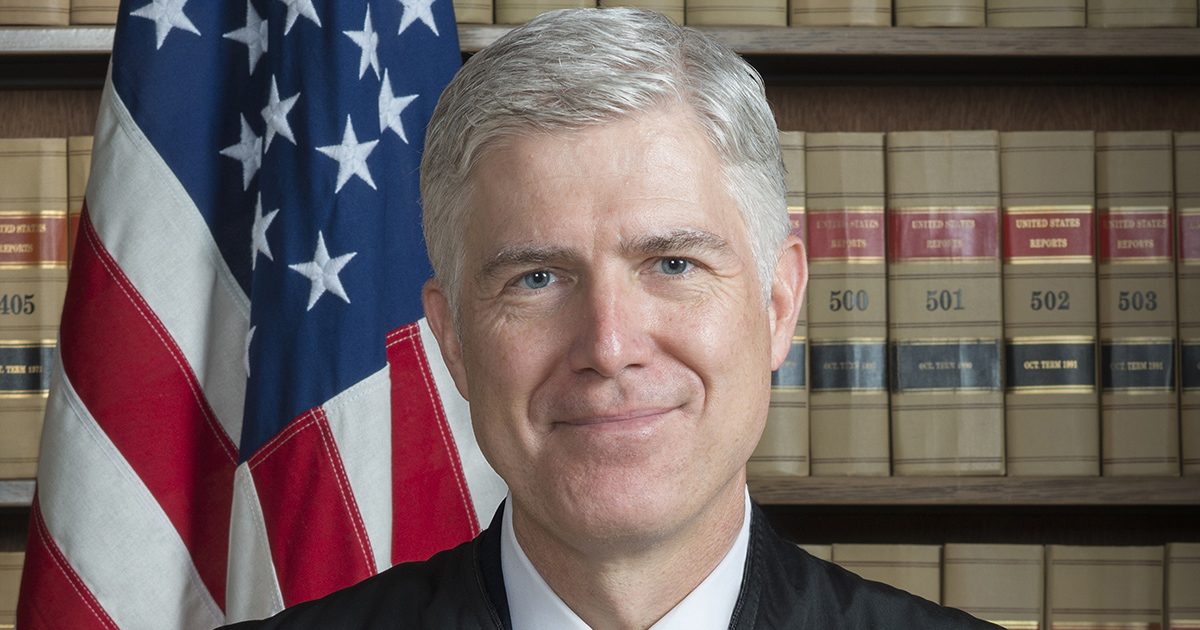Gorsuch appears to side with liberals on need for warrant to get cellphone location data

Justice Neil M. Gorsuch
Justice Neil M. Gorsuch appeared to side with liberals on Wednesday as the U.S. Supreme Court considered whether police need a warrant supported by probable cause to obtain cellphone location data.
While Gorsuch suggested police needed a warrant to obtain the data about cellphone locations of an armed robbery suspect, he differed with other justices on the reasoning, report the New York Times, the Washington Post and Law.com (sub. req.).
Police had obtained more than 120 days’ worth of cellphone tower records for Timothy Carpenter that showed he was in the area where several armed robberies took place. Rather than obtain a search warrant, police got court orders to obtain the data under the Stored Communications Act.
The law authorizes release of records when there are “specific and articulable facts showing that there are reasonable grounds to believe” the records are “are relevant and material to an ongoing criminal investigation.”
Carpenter was convicted on federal robbery and weapons-related charges and sentenced to 116 years in prison for the armed robberies in Michigan and Ohio.
During oral arguments on Wednesday, Gorsuch suggested the cellphone records were the property of Carpenter and shouldn’t have been disclosed without a warrant. Several other justices said a warrant was needed because the detailed phone records violated Carpenter’s expectation of privacy.
The government had argued the records had no Fourth Amendment protection because the cellphone location information is shared with a third party, according to coverage by SCOTUSblog.
Justices Samuel A. Alito Jr. and Anthony M. Kennedy appeared most inclined to agree with the government that a warrant wasn’t needed, according to the Post. Justice Sonia Sotomayor appeared to most favor protections for the data.
“As I understand it, a cellphone can be pinged in your bedroom. It can be pinged at your doctor’s office. It can ping you in the most 10 intimate details of your life,” she said. “So I am not beyond the belief that someday a provider could turn on my cellphone and listen to my conversations.”
The case is Carpenter v. United States.
Related articles:
ABA Journal: “SCOTUS considers limits to the government’s surveillance powers over personal technology”
ABAJournal.com: “Do police need warrant for cellphone location records? Supreme Court will decide”



